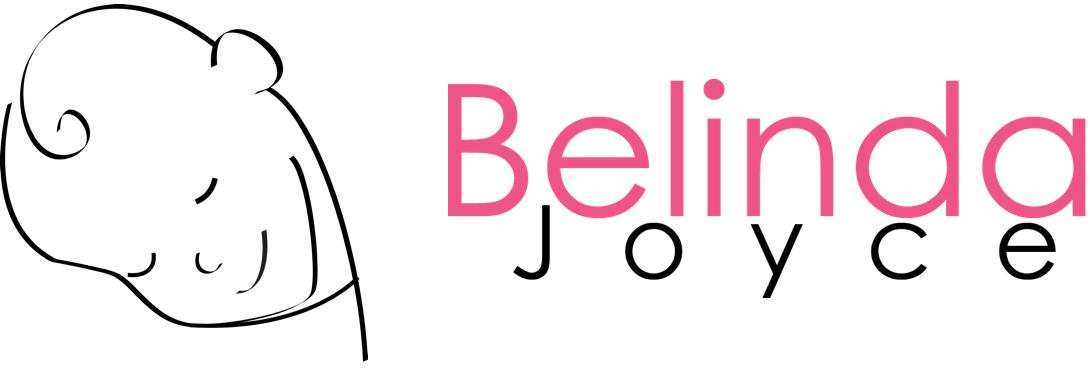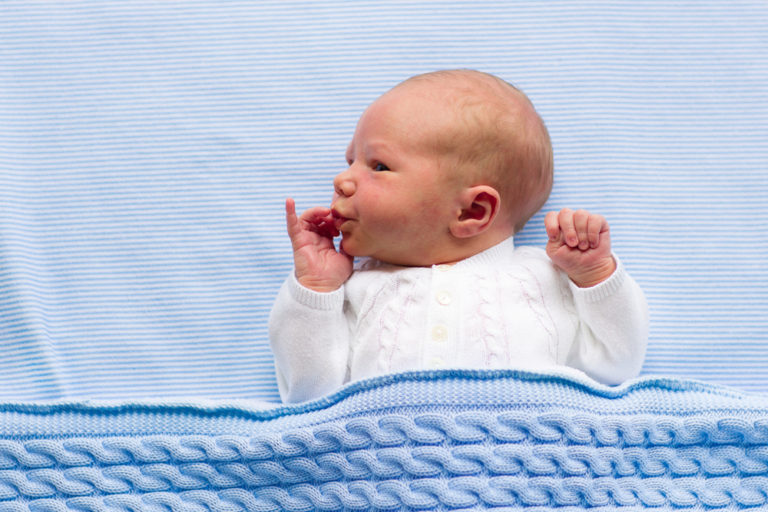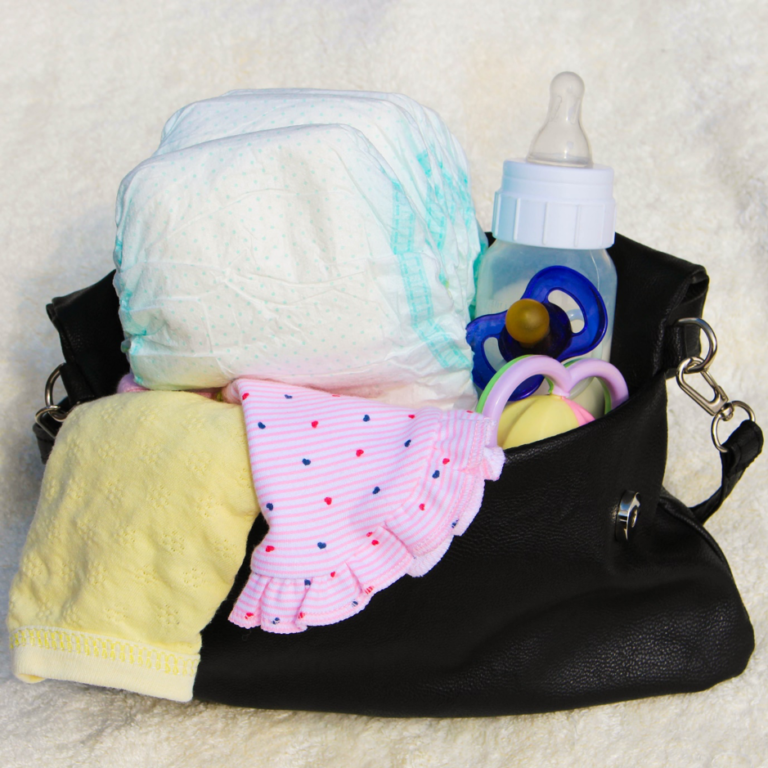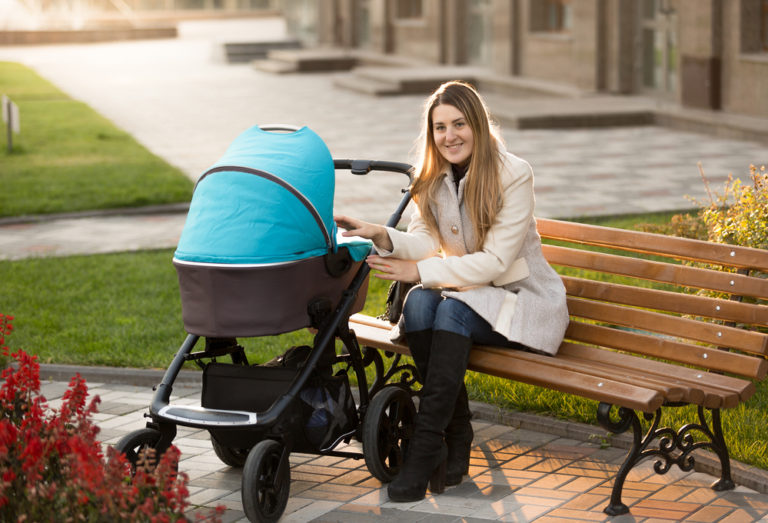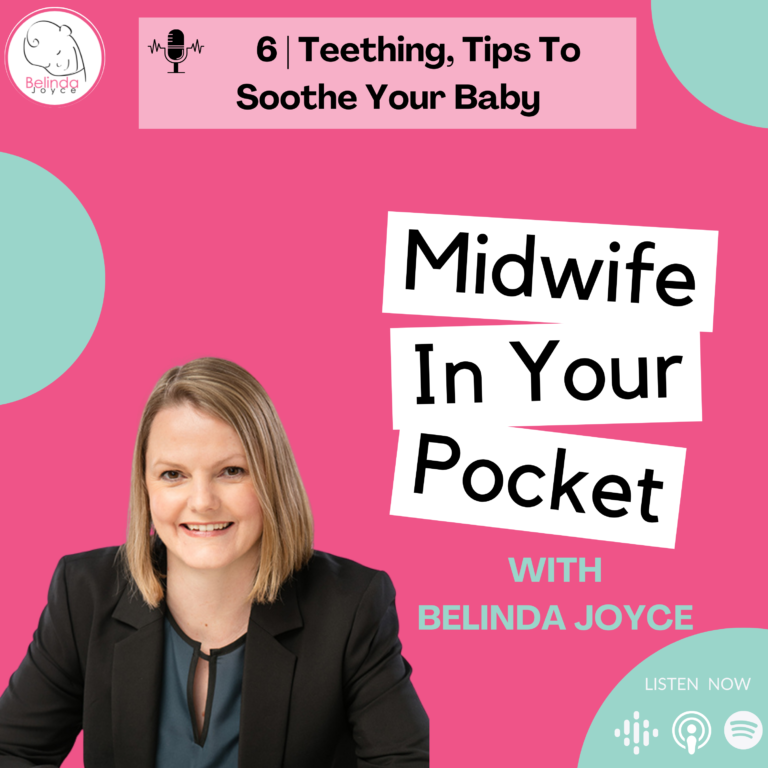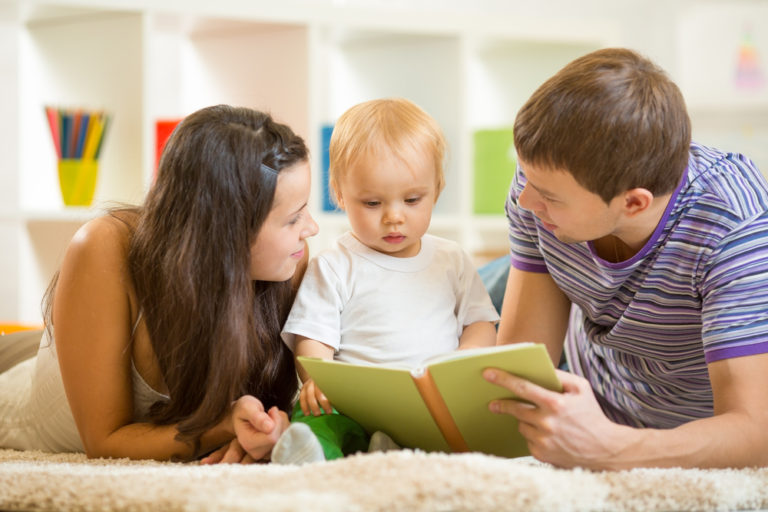Playing with your newborn baby is fun and assists development
It is amazing to most new parents how their baby develops, in the first year alone most babies go from mainly sleeping, eating and pooping to crawling and playing or even walking and saying some words! Each time your baby does something for the first time it will probably make you feel proud. Playing with your newborn baby is so much fun and it supports their development.
Try not to compare your baby with other babies, the most important part of development is that there is gradual progress. If your baby does not seem to be progressing like other babies of a similar age, it is important to discuss this with your child health nurse, GP or paediatrician. We know parent’s concerns are important as you are your own baby’s expert.
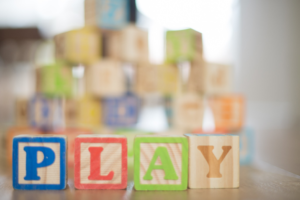
Communication:
Newborns have the ability already to hold gaze with you for short periods of time and will sometimes copy your facial expression, including poking out their tongue if you do. This early communication will grow into cooing in the first few weeks of life where your baby will hold eye contact and make cooing sounds or as many parents tell me, noises that sound like farm animals.
DISCOVER HOW TO SURVIVE & ENJOY YOUR BABY!
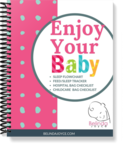 The pack is full of checklists and printables to help you improve sleep challenges with our flowchart, decide what to take to hospital, what equipment is essential, what to put in your nappy bag and so much more
The pack is full of checklists and printables to help you improve sleep challenges with our flowchart, decide what to take to hospital, what equipment is essential, what to put in your nappy bag and so much more
In these early conversations, your baby will be quiet listening when you talk back and then when you finish he will ‘talk’ to you again. Most parents do this instinctively and it tells your baby that you are interested in their thoughts/feelings and that you care about him.
Early on this may only last for short periods but as your baby grows they will become longer and longer and develop into conversations, he is actually learning how to take turns in conversations, tone and rhythm. By 8 weeks of age you may find him gurgling, cooing and giggling to get your attention at times.
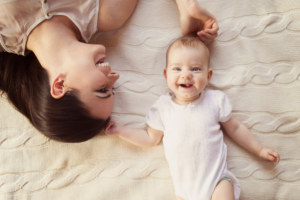
Singing:
Babies love it when you sing to them, it does not matter what you are singing, nursery rhymes, the latest songs on the radio, anything… if you have forgotten nursery rhymes try watching a children’s television show such as Playschool, they will all come flooding back words and all, there are also many recordings you can purchase if you wish.
If you don’t like your own voice, don’t worry your baby will! Add some movement perhaps rocking in your arms and you will see his enjoyment.
Smiling:
Early smiling may just be in their sleep or when content but by 6 weeks most babies will smile while looking into your eyes in response to your smile. Most babies will do this when you are smiling at them and talking in a high-pitched voice, playing and being more animated than usual helps as well.
This is a very special achievement as it makes you feel special and all the hard work you have been doing may now feel like it is appreciated and you are getting something back for all your efforts.
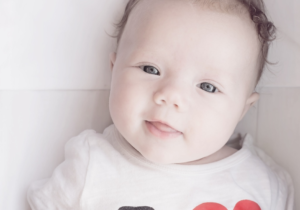
Tummy time:
This can start from birth, often this occurs on your chest when you’re lying down, your baby will want to lift his head to look at your face. Even a newborn baby can lift his head up when on his tummy. It is important to do this from early in your baby’s life as their head grows very quickly and becomes heavy, the longer you wait it becomes more difficult to lift and then he may dislike tummy time.
By 8 weeks he should be able to lift his head and hold his chin up off the floor, this only occurs with practice so keep giving him plenty of tummy time as playing practice.
The safest place for tummy time is on the floor as one day he will learn to roll and we don’t want him to fall. Place a bunny rug or mat down on the floor. Put some interesting toys around him to look at, toys with mirrors are good. Lay down or sit next to him and talk. Gradually extend the time on his tummy. If he falls asleep put him in his cot on his back, don’t let him sleep on his tummy as it is a Sudden Infant Death Syndrome (SIDS) risk.
In addition if he dislikes tummy time you can try other positions that will help those same muscles to strengthen such as lying him across your lap on his tummy when sitting, carrying him on his tummy across your arm, bathing him across your arm in the bath, massaging his back so he will tolerate some tummy time.

Play:
Playing is the natural way for babies to learn however some adults need a reminder of how to play, particularly with a young baby and if you have not been around many babies this is something new to learn. For a young baby play may just be talking to them while you change their nappy or sitting next to them on the floor while they have a kick around.
Babies don’t need many toys and don’t believe some of the claims on packaging, no toy will make your child a genius. Toys give you an opportunity to play with your baby, at the beginning he can’t play with it himself, you can show him that when he shakes a rattle it makes a rattle sound, one day he will shake it himself. Always check toys are suitable from birth as they will be safe for your baby and not have small pieces that could be swallowed or choking hazards.
Take your baby outside, let them see and hear what is going on, trees, garden, cars driving. A walk in the pram is a chance to see new things and to learn.
You are your baby’s favourite toy, time with you will be when his best learning experiences will happen.
Reading:
It is never too early to start reading to your baby, he will enjoy this quiet time with you, maybe you could do this before bedtime. Sit him on your lap with the book towards him, you don’t have to read the words, you can point to pictures and tell him about what you can see.
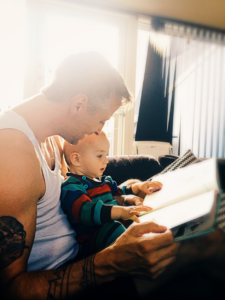
See your child health nurse, doctor or paediatrician if your baby is:
- Not watching your face and making eye contact.
- Crying a lot and you are worried by this.
- Not making some cooing or animal-like noises.
- Not closing his eyes to bright light.
- Not moving his arms and legs around.
- Not feeding well.
- Not smiling by 2 months.
- Not looking at his hands by 2 months.
- Not focusing on you or objects by 2-3 months.
- Not supporting his head well.
- Not looking like he is hearing loud noises.
- Keeping his hands in a fist most of the time at 3 months of age.
Enjoy playing with your baby!
Click here to get a nappy bag checklist as well as a bonus bundle of checklists to help you prepare for your new baby, including: baby equipment checklist, hospital bag checklist, childcare bag checklist, travel checklist, sleep & feed tracker, newborn sleep flowchart and more.
My book ‘Survive and Enjoy Your Baby, How To Find Your Path to Parenthood’ has all the information you need for your baby’s first year of life. The book is available in all good book stores or from my online shop.
